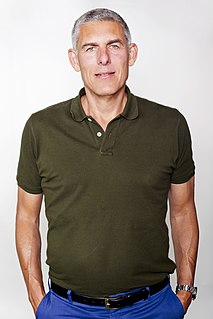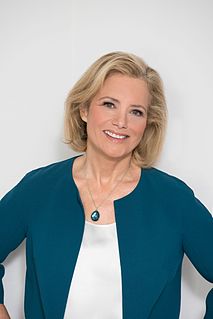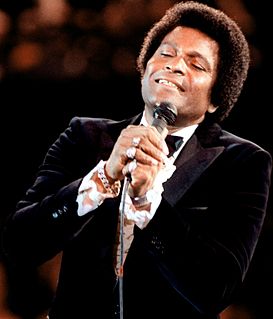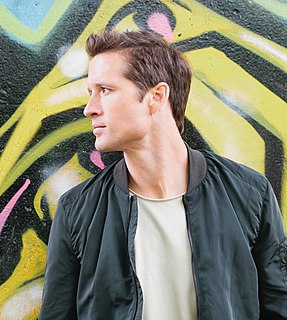A Quote by Crystal Gayle
It used to be that Nashville would work to develop promising artists.
Related Quotes
My paintings used to be so realistic and I found it a little bit boring, especially now that I'm in New York. I wanted to be more free, first in my mind and then, slowly, in my work. Many artists have these jumps in their work and at some point it looks like a supermarket. For me it was important to develop.
I was worried that I, the artist Morimura, would have conflicts with the participating artists and develop a strenuous relationship with them. But the actual experience was completely the opposite. The artists accepted my requests rather positively, because it came from a fellow artist. I strongly feel that the fact that my being an artist avoided the usual curator vs artist tension, and led to creating a positive atmosphere as well as developing a solidarity amongst artists and building a community for artists.
Artists have been used over and over again since the early 1980s as the legitimizers of a neighborhood in New York. And entrepreneurial artists, meaning people who themselves start out as painters, musicians, dancers, and who open a café, a bar, a restaurant, or even a co-op art gallery - they unintentionally develop the kinds of attractions that bring the middle class with some kind of cultural ambition.
Vulnerability of artists is definitely what makes organizations like PEN necessary because, as I tried to argue, the actual work that writers and artists do has an ornery way of surviving. Particularly in this age of the internet, it is very easy for forbidden work to be found online somewhere if you know where to look. Artists themselves, however, are in increasing danger, and not just artists. The great concern is that year after year, rising numbers of journalists are being killed in pursuit of their work.



































